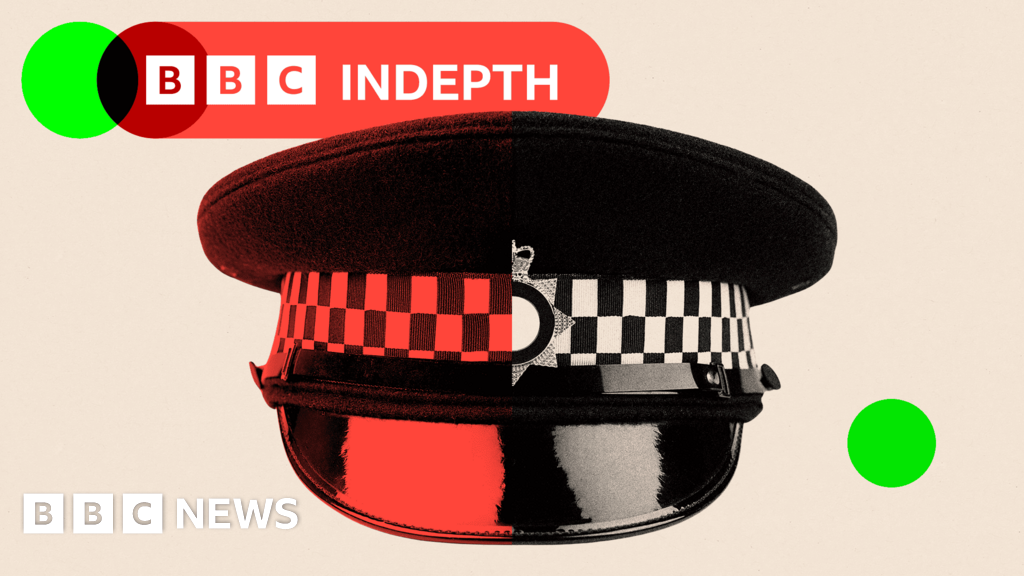
In response to rising anxieties over crime and burglaries, a number of UK neighbourhoods are now hiring private security firms to regularly patrol their streets. These officers, employed by commercial companies rather than local police forces, are contracted by residents or neighbourhood associations aiming to add an extra layer of protection to their communities.
The move reflects a broader trend in certain parts of the UK where residents feel that traditional policing has become stretched too thin due to funding and resource constraints. As a result, communities are seeking alternative ways to deter criminal activity and increase the sense of safety among locals.
These private patrol services typically involve uniformed personnel conducting visible surveillance on foot or in marked vehicles during designated hours. Some offer additional services such as alarm response, monitoring CCTV systems, escorting residents, and reporting suspicious activities to the police.
However, the capabilities of these security personnel are limited compared to law enforcement officers. While they may act as a visible deterrent and serve as witnesses to crimes, they have no powers of arrest and must rely on police intervention in cases of serious incidents. Their role frequently focuses on prevention, observation, and community reassurance, rather than confrontation.
Concerns have been raised regarding the unequal distribution of such services, as only areas where residents can afford these extra programmes benefit from them. Critics argue that this could lead to a two-tier system of community safety, where wealthier districts receive enhanced protection while poorer neighbourhoods continue to face vulnerabilities.
Nonetheless, proponents say that private patrols can complement overburdened police services and serve as a pragmatic solution to local concerns. In some cases, successful collaboration between private firms and local police have fostered a more efficient response system to non-urgent calls for safety assistance.
As the trend evolves, scrutiny over regulation and accountability continues. Experts emphasize the importance of clear guidelines and collaboration with police to ensure that these services operate within the bounds of legality and community interest.
Source: https:// – Courtesy of the original publisher.








